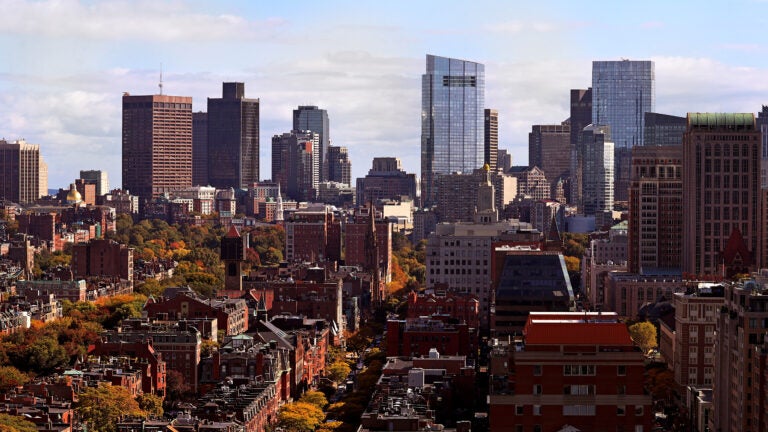
"Greater Boston is making progress on racial integration, but economic segregation is worsening, according to a new report from the research center Boston Indicators. The report found that higher- and lower-income households are less likely to interact today than they were more than four decades ago. According to the region's Racial Income Segregation Index, 43% of these households now cluster among others with similar incomes - up from 32% in 1980."
"Driving this trend is the growing number of high-income households, which tend to cluster together. Today, the top 20% of earners in the region earn an average of nearly $400,000 -more than 19 times the income of the bottom 20%, who earn less than $21,000. That gap widens at the very top, with the top 5% earning nearly $700,000. The report also highlights a shrinking middle class."
Greater Boston shows progress in racial integration while economic segregation is increasing. Higher- and lower-income households are less likely to interact today than four decades ago. The region's Racial Income Segregation Index indicates 43% of households cluster with others of similar incomes, up from 32% in 1980. The growing number of high-income households contributes to clustering. The top 20% earn nearly $400,000 on average, more than 19 times the bottom 20% earning under $21,000, and the top 5% earn nearly $700,000. Median incomes rose 16% over the past decade, while more families now fall far above or below the median. Where racial and income result in a clustering of resources, power, and access, a region that appears diverse may, in fact, be reinforcing racial and income segregation.
Read at Boston.com
Unable to calculate read time
Collection
[
|
...
]